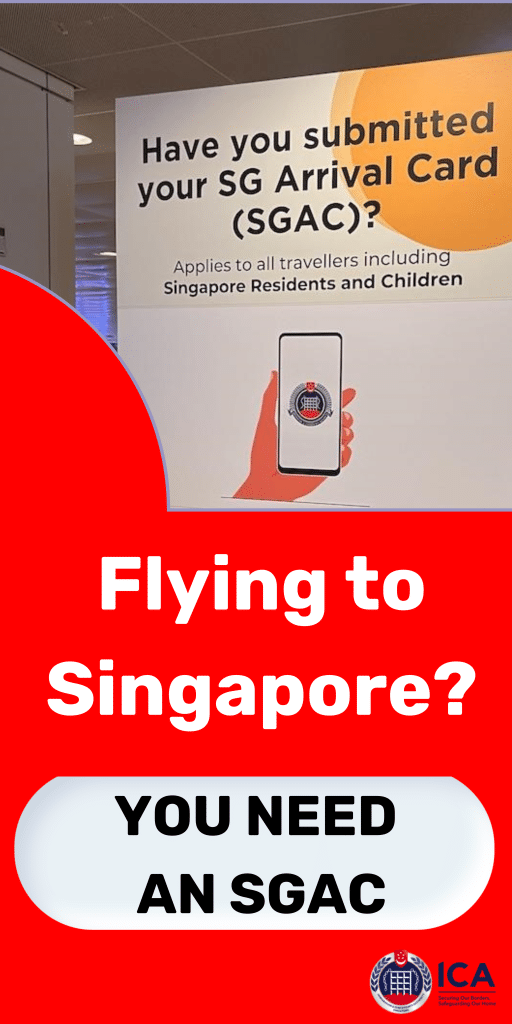With its reputation as one of the safest cities in Asia, it’s easy to let your guard down in Singapore as a tourist. However, while violent crime is rare, petty scams that target tourists do exist. By learning about the common Singaporean scams to avoid and remaining vigilant, you can enjoy your time in the city hassle-free.
Most Common Scams Targeting Tourists
Though illegal, various scams persist around major tourist hotspots in Singapore. Here are the ones to watch out for:
- Fake transportation tickets – Scammers sell bogus tickets for trains, buses and taxis at inflated prices or with invalid payment codes.
- Spilled food/drink scams – A passerby deliberately spills food or drink on you, then extorts money for cleaning.
- Rigged gambling games – Games like three card monte are rigged to trick tourists into losing money unfairly.
- Overpriced souvenirs – Vendors drastically overcharge for items or use pressure sales tactics.
- Bar scams – Bars or clubs scam patrons with exorbitant cover charges, hidden fees, and overpriced drinks menus.
- Fake hotels – Booking at non-existent hotels through fraudulent listings results in lost money and no accommodation.
- Phone or wallets snatched – Drivers quickly grab mobile phones or wallets left visible then speed away.
- ATM scams – Fraudsters pretend to offer help but secretly withdraw cash from your account or clone your card.
- Fake injurer scams – Scammers pretend to be injured by you then demand compensation to avoid police involvement.
- Credit card fraud – Staff copy details to clone cards or illegally charge your card for fictitious services or damages.
Stay especially alert in major tourist hubs like Orchard Road, Clarke Quay, Chinatown, Little India and Boat Quay where scammers lie in wait.
How to Spot Singapore Scammers
Scammers use clever tricks but displaying some telltale behaviors can give them away:
- They initiate contact with you directly as opposed to waiting for you to engage.
- They claim fantastic deals or big discounts that seem too good to be true.
- They use high pressure, intimidating sales tactics if you refuse. Legitimate sellers don’t force buyers.
- Old bills are noticeably pre-creased suggesting repeated use in scams.
- Those committing ticket fraud try to rush the transaction and won’t provide name cards or receipts.
- Gambling games are set up temporarily then quickly packed away once police presence noticed.
- Clothing or appearance seems inconsistent with the role, such as injury scammers in ill-fitting business wear.
Trust your instincts – if an uncomfortable feeling emerges, politely disengage and alert relevant authorities when safe to do so.
Avoiding Scams as a Tourist
Exercise common sense precautions to minimize becoming a scam victim:
- Research common scams before visiting and know red flags to watch for.
- Be wary of unsolicited approaches from locals offering deals or help.
- Avoid revealing your travel plans or booking details to strangers.
- Don’t physically hold large amounts of cash openly. Place in secure wallet or money belt.
- Use official airport counters or taxi stands; avoid touts. Agree on metered pricing upfront.
- Choose regulated hotels or verified accommodation platforms like AirBnB.
- Remain sober enough to keep your wits and make sensible decisions.
- Be selective where you shop. Avoid isolated stores or pushy vendors. Price compare.
- Stay vigilant of belongings in crowded areas. Use cross body bags not easy to snatch.
- Enable SMS alerts for bank, credit card accounts to detect unauthorized charges quickly.
What to Do If Scammed
If caught in a scam, act quickly:
- Don’t escalate conflicts or antagonize perpetrators. Pay what is essential then remove yourself from the unsafe situation.
- Take photos of scammers discretely if possible to aid police reports. But avoid putting your safety at risk.
- Note details like location, time, scammer descriptions, methods and sums involved immediately so you don’t forget.
- Call your bank/credit card company to halt payments on any illegitimate transactions detected.
- File a detailed scam report at the nearest police station. Provide any evidence gathered.
- Report the scam to Singapore Tourism Board or online anti-scam agencies also to warn others.
- Monitor accounts closely for recurring suspicious charges and follow up disputed amounts.
Staying vigilant makes it much less likely you’ll fall victim but acting promptly is key to limiting losses if targeted unsuccessfully.
Key Takeaways to Avoid Being Scammed
- Common tourist scams involve transport tickets, gambling tricks, fake services, pickpocketing and fake accommodation.
- Exercise extra caution around major tourist areas where scammers operate.
- Spot scammers through behaviors like applying pressure or offering deals that seem too good to be true.
- Take preventative measures like researching scams before visiting and securing belongings.
- If scammed, prioritize safety then act quickly to halt payments and report the crime to authorities.
By keeping their wits about them, visitors can enjoy Singapore’s many attractions scam-free!

Zhuang Jia Wen serves as the chief reviewer for Singaporeairport.com, leveraging her passion for travel and aviation.
A native Singaporean, Zhuang draws upon her extensive experience exploring her home country to provide authoritative reviews and travel tips. She holds a bachelor’s degree in tourism management from the National University of Singapore.
Prior to becoming Singaporeairport.com’s review expert, Zhuang worked for five years as a travel agent helping organize personalized itineraries. When not visiting Singapore’s latest attractions, she enjoys cuisine from across the Lion City’s dynamic culinary landscape.
Zhuang hopes her insider perspective helps travelers make the most of their visits to her country.




